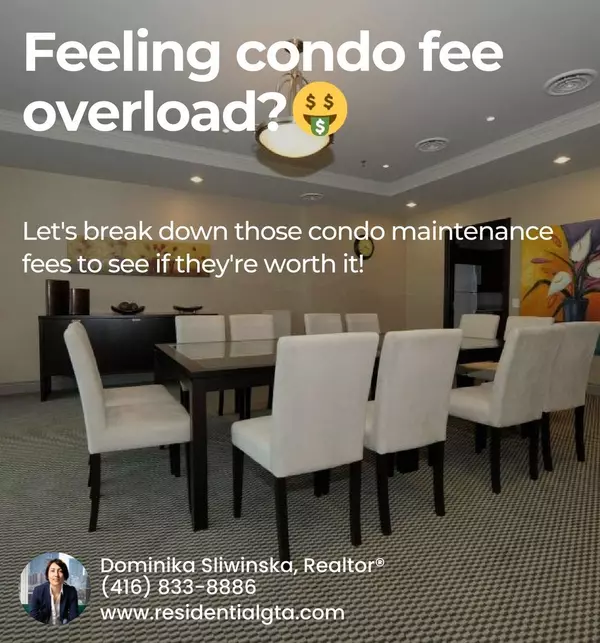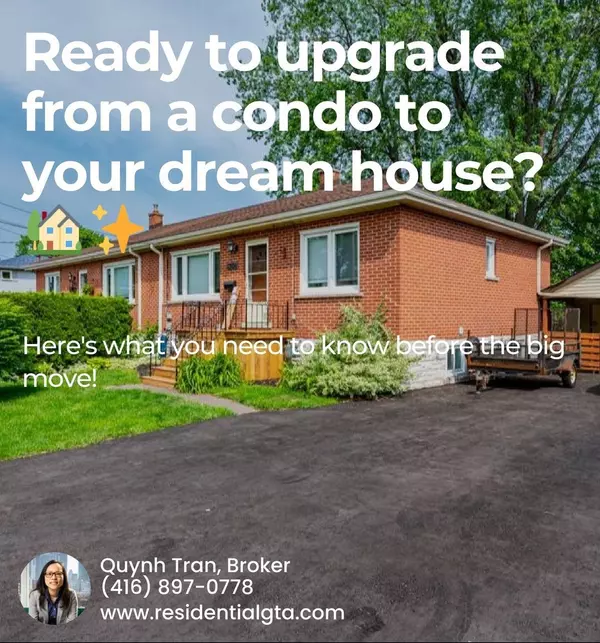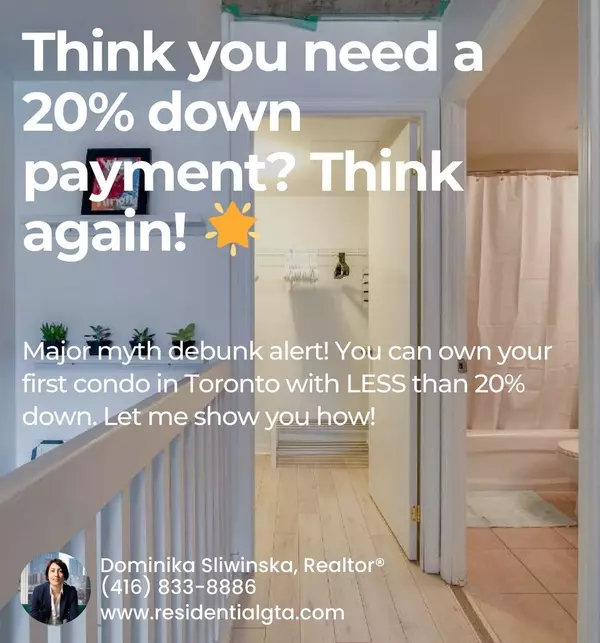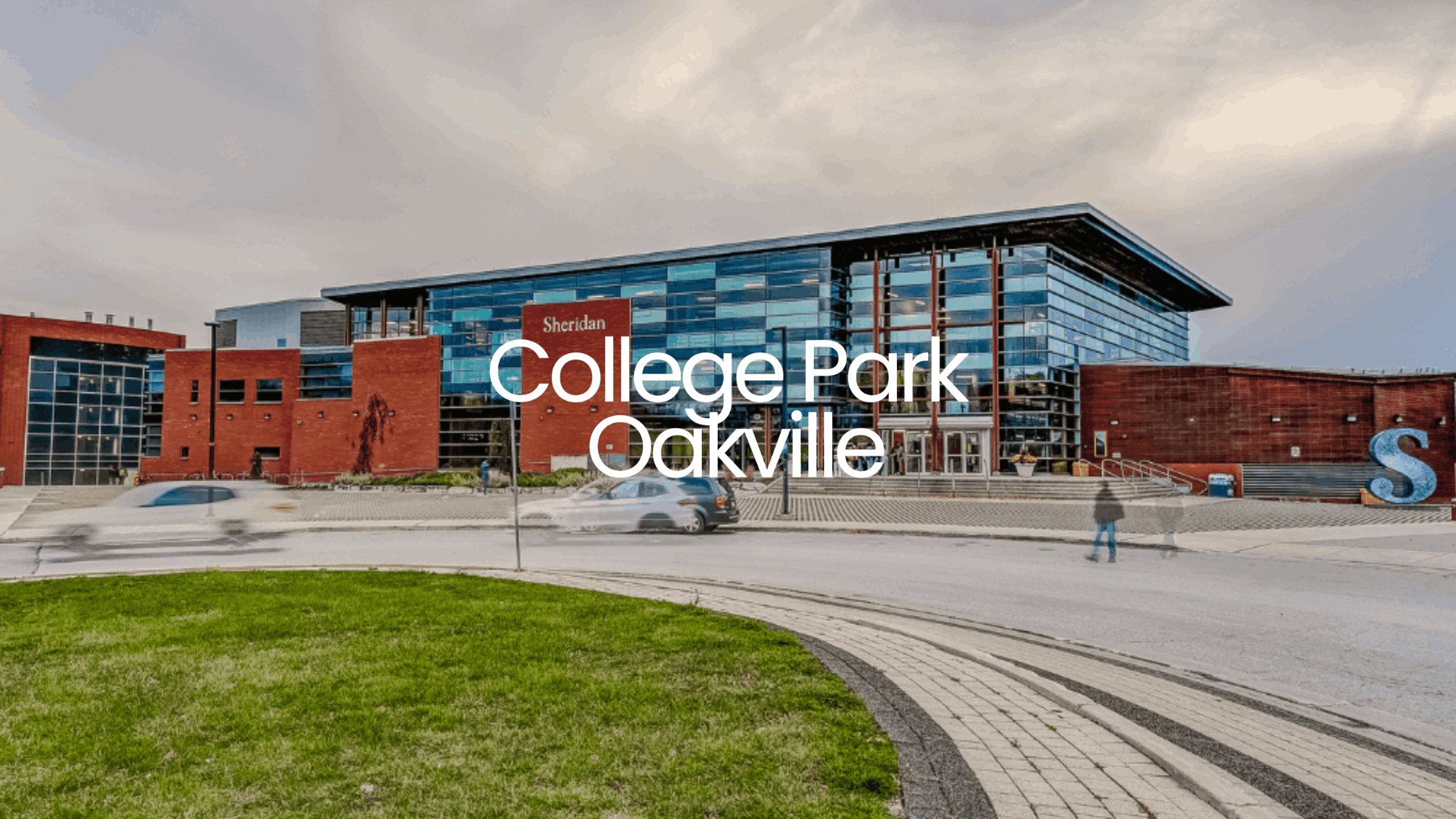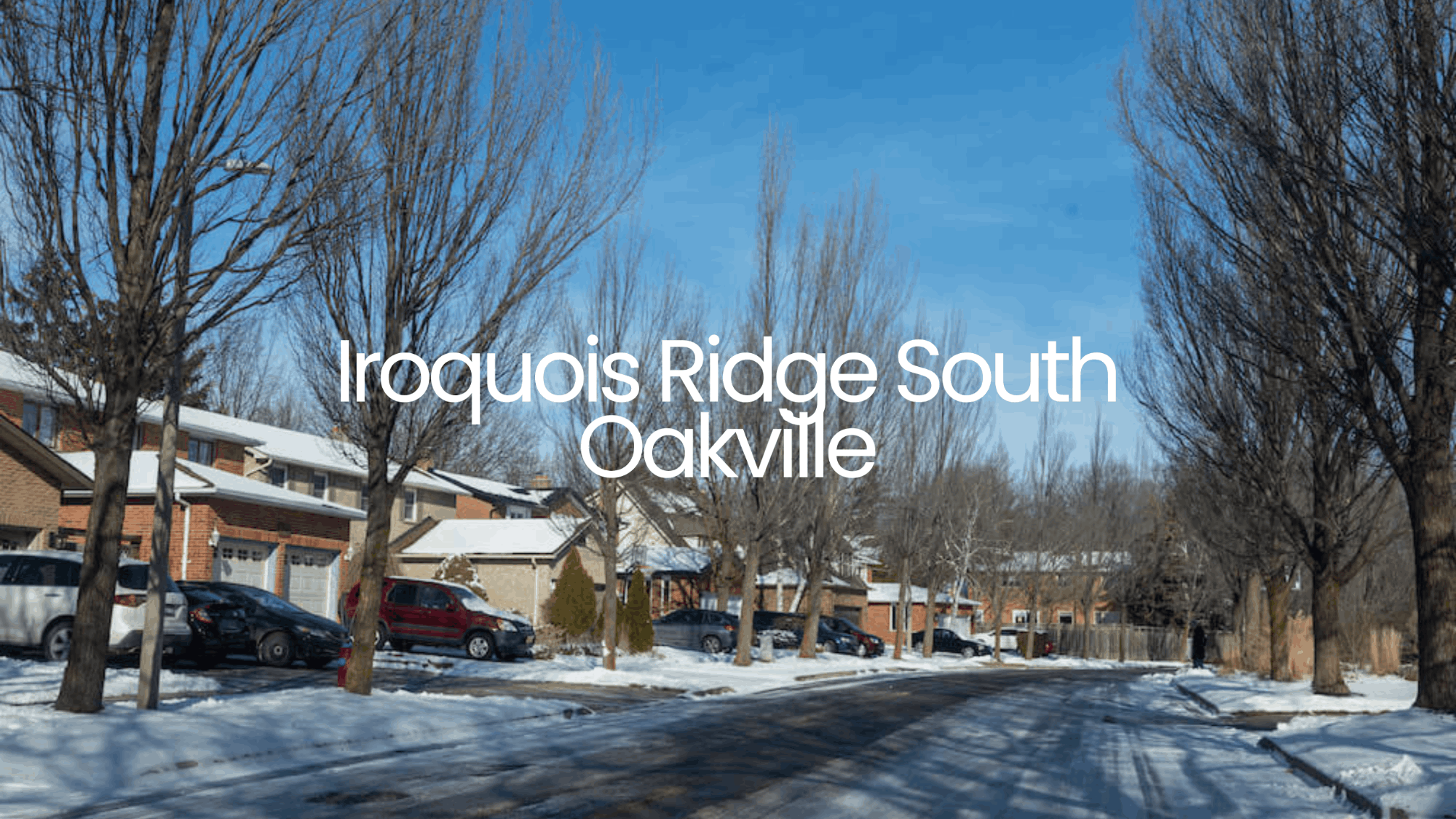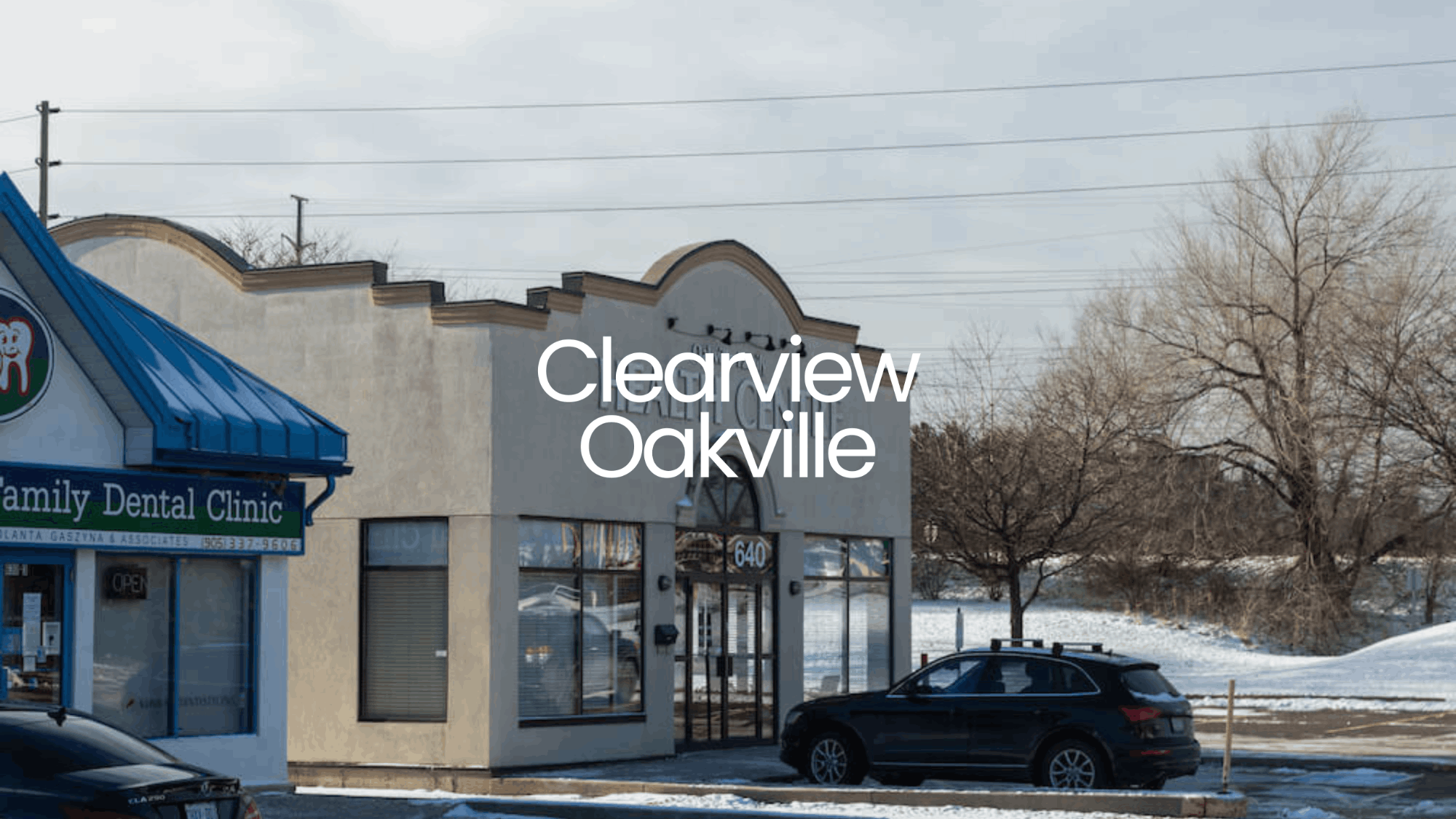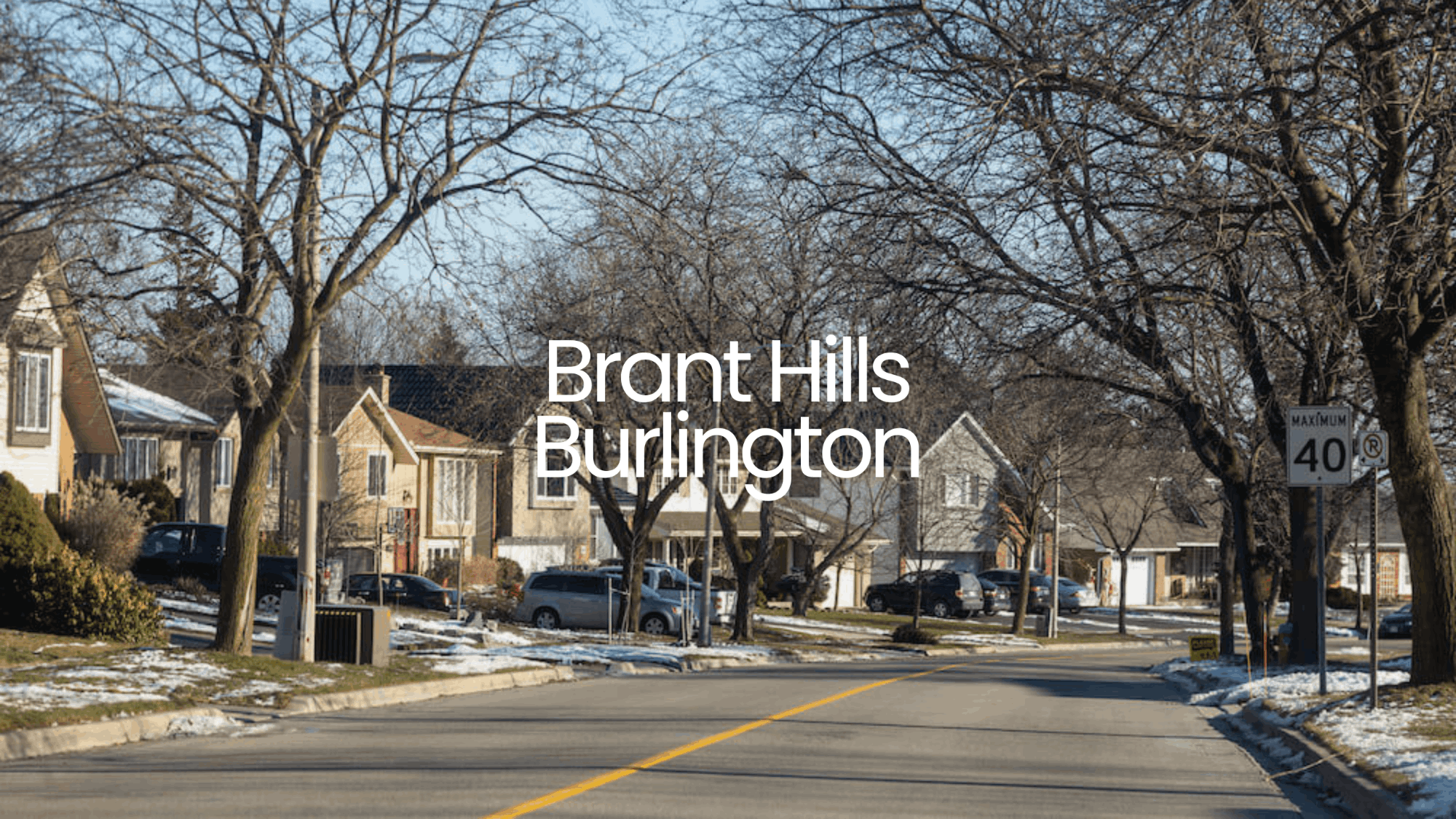
How the Stricter Mortgage Rules are Shaping the Future of First-time Home Buying in Toronto
Buying your first home in Toronto can be a daunting task, especially with the recent changes in mortgage rules. This blog will help you understand these rules and navigate them effectively to secure your dream home. Let's dive in. Understanding the Stricter Mortgage Rules The mortgage landscape in Toronto has changed dramatically, particularly for first-time buyers. The government has introduced stricter rules to ensure a stable housing market. This includes the mortgage stress test, which means banks have to make sure you can afford your mortgage even if interest rates rise. These changes have made it more challenging for many to qualify for a mortgage. How Do Stricter Mortgage Rules Impact First-time Buyers? Stricter mortgage rules mean that first-time homebuyers need to be better prepared. For instance: - Higher Qualification Requirements: The stress test requires buyers to qualify at a higher rate than their actual mortgage rate. This means you need a higher income or a larger down payment.- Increased Savings: You’ll need more money saved up for a down payment and closing costs. You might also need a stronger credit score to get approved.- Longer Preparation Time: It may take more time to prepare financially before you're ready to buy. This could mean renting for a bit longer while you save and improve your financial standing. Steps to Navigate Stricter Mortgage Rules Here are some actionable steps to help you navigate these stricter mortgage rules: 1. Save Aggressively Saving more aggressively than before is crucial. Here’s how you can do it: - Budget Wisely: Create a monthly budget to track your income and expenses. Cut down on non-essential spending to save more.- Automatic Savings: Set up automatic transfers to your savings account to ensure you save consistently.- Side Jobs: Consider taking on a side job to boost your income. Every extra dollar saved will help you get closer to your goal. 2. Improve Your Credit Score A higher credit score can improve your mortgage terms and make qualifying easier. Here's how you can boost your score: - Pay Bills on Time: Timely payments on utility bills, credit cards, and other debts improve your credit rating.- Reduce Debt: Pay down existing debts to lower your debt-to-income ratio.- Monitor Your Credit: Regularly check your credit report for any errors and correct them as soon as possible. 3. Get Pre-Approved Before you start house hunting, get pre-approved for a mortgage: - Pre-Approval Benefits: Pre-approval gives you a clear idea of what you can afford and shows sellers you’re a serious buyer.- Consult a Mortgage Broker: A broker can help you understand your options and find the best rates available. 4. Consider Alternative Financing Options If traditional mortgages are out of reach, explore other options: - First-Time Home Buyer Incentive: This government program helps with a portion of your down payment, reducing the overall mortgage amount.- Family Support: Some buyers receive financial gifts from family, which can help with the down payment.- Co-Borrowing: Partnering with a friend or family member can also make homeownership possible sooner. Budget-Conscious Strategies for First-time Buyers As a budget-conscious renter, finding ways to save during the home-buying process is essential. Here are some ideas: 1. Buy a Smaller Home or Condo Smaller homes or condos are less expensive and may be easier to qualify for under the stricter rules: - Lower Upfront Costs: Smaller properties usually have lower purchase prices, meaning smaller down payments and closing costs.- Lower Maintenance and Utility Costs: These homes often come with lower ongoing expenses, making them more affordable in the long run. 2. Look for Homes in Emerging Neighborhoods Emerging neighborhoods might offer more affordable housing options: - Growth Potential: These areas often see value increases over time as they develop.- Community Vibes: New neighborhoods can offer a strong sense of community, ideal for first-time buyers looking to establish roots. 3. Take Advantage of Government Programs Various government programs can assist you as a first-time buyer: - Home Buyers' Plan (HBP): Allows you to withdraw from your RRSP to buy your first home without immediate tax implications.- Land Transfer Tax Rebate: First-time buyers can get a rebate on the land transfer tax, reducing some upfront costs.- Toronto Housing Programs: Toronto offers multiple housing programs to assist first-time buyers, so investigate these opportunities. Staying Informed and Prepared The real estate market and mortgage rules are continually evolving. Stay informed and adapt accordingly: - Follow Market Trends: Keep an eye on housing market trends in Toronto. Understanding market shifts can help you time your purchase better.- Consult Experts: Seek advice from real estate agents, mortgage brokers, and financial advisors. Their expertise can provide valuable insights and guidance.- Be Open-Minded: Be flexible with your home expectations. Sometimes starting with a less-than-perfect home can be a strategic step toward your dream home. Conclusion Navigating the stricter mortgage rules in Toronto can be challenging, but not impossible. By saving aggressively, improving your credit score, and considering budget-conscious options, you can tackle these obstacles and move towards owning your first home. Stay informed, consult with experts, and remain flexible in your approach. With determination and strategic planning, you’ll be well on your way to securing your dream home despite the challenging rules.

Unexpected Expenses: What Living in Downtown Toronto Will Really Cost You
Living in downtown Toronto seems exciting and convenient, especially for couples currently living in condos who are considering moving to the suburbs. However, it's important to be aware of the hidden fees and unexpected expenses that come with city living. This expert-level guide will provide a detailed financial breakdown to help you make an informed decision. The High Cost of Rent 1. Rent Prices in Downtown Toronto Couples living in downtown Toronto can expect to pay significantly higher rent compared to other areas. The demand for housing in this bustling area drives up prices. - 1-Bedroom Condos: The average monthly rent for a one-bedroom condo in downtown Toronto ranges from CAD 2,200 to CAD 2,800.- 2-Bedroom Condos: For a two-bedroom condo, expect to pay between CAD 3,000 and CAD 4,200 per month. 2. Annual Rent Increases Landlords can legally raise the rent annually, which adds to your long-term costs. In Ontario, rent increases are typically around 2-2.5% per year, depending on inflation and other factors. Utilities and Maintenance Fees 1. Utility Bills Utility bills are another expense to consider. While rent might cover some utilities, you are usually responsible for others like electricity and internet. - Electricity: Monthly costs can range from CAD 50 to CAD 150, depending on usage.- Internet and Cable: High-speed internet and cable TV packages generally cost between CAD 80 and CAD 150 per month. 2. Condo Maintenance Fees If you’re living in a condo, you’ll also need to budget for maintenance fees. These fees cover building amenities, such as a gym or swimming pool, and can range from CAD 400 to CAD 1,000 per month. Transportation Costs 1. TTC Charges Living downtown can mean relying on public transportation. - Monthly TTC Pass: An adult monthly pass costs CAD 156.- Per-Ride Costs: Individual rides cost CAD 3.25, which can add up quickly if you frequently use the TTC without a pass. 2. Parking Fees If you own a car, be prepared for hefty parking fees. - Monthly Parking: Renting a parking spot in a condo building can cost CAD 150 to CAD 250 per month.- Street Parking: If you rely on street parking, permits are around CAD 50 per month, but they don't guarantee a spot. Groceries and Dining Out 1. Grocery Shopping Groceries in downtown Toronto tend to be more expensive due to higher store rents and the convenience of location. - Monthly Grocery Bill: Couples can expect to spend between CAD 400 and CAD 700 per month on groceries. 2. Eating Out Dining in downtown Toronto can also strain your budget. - Cafés and Restaurants: A meal for two at a mid-range restaurant will typically cost around CAD 60 to CAD 100.- Weekly Dining Out: If you dine out once a week, expect to spend an additional CAD 240 to CAD 400 per month. Lifestyle and Entertainment 1. Gym Memberships Staying fit could also be more costly downtown. - Local Gym Membership: Expect to pay CAD 50 to CAD 100 per month for a basic membership at a local gym. 2. Entertainment Hobbies and entertainment options come at a premium too. - Movie Tickets: Two movie tickets can cost around CAD 30.- Theatre and Concerts: Tickets for cultural events like plays and concerts can range from CAD 50 to CAD 200 per person, depending on the event and seating. Unexpected Fees and Expenses 1. Takeout and Convenience Purchases When you're busy, it's easy to spend on convenience options. - Takeout Meals: Regular takeout meals can add CAD 100 to CAD 300 more to your monthly expenses.- Convenience Stores: Items from convenience stores are often more expensive than groceries, adding another hidden cost. 2. Unexpected Repairs Living downtown means dealing with higher costs for unexpected repairs or maintenance issues. - Appliance Repairs: Fixing a broken appliance can cost between CAD 100 to CAD 400.- Urgent Repairs: Immediate repairs can be even more expensive, sometimes exceeding CAD 500. Insurances 1. Renters Insurance Never overlook the importance of having renters insurance. - Monthly Cost: Renters insurance typically costs CAD 20 to CAD 30 per month, but it’s essential for protecting your belongings. 2. Car Insurance If you own a car, insurance costs can be higher in downtown Toronto due to increased risks. - Monthly Premiums: Expect premiums to be between CAD 150 and CAD 300 per month, depending on your vehicle and driving record. Move-Out Costs 1. Moving Expenses If you decide to move out of downtown Toronto, consider the costs associated with moving. - Professional Movers: Hiring professional movers can cost between CAD 500 to CAD 1,500, depending on the distance and the amount of stuff you have.- Truck Rentals: Renting a moving truck for a DIY move ranges from CAD 100 to CAD 300. 2. Security Deposits and Final Bills Don’t forget about the final costs when ending a rental agreement. - Security Deposit: Be prepared that some or all of your security deposit might be needed to cover any damages.- Final Utility Bills: Make sure to clear all outstanding utility bills to avoid any last-minute surprises. Final Thoughts Living in downtown Toronto can be an exhilarating experience, full of convenience and excitement. However, the hidden fees and unexpected expenses can add up quickly. By being aware of these costs, you can better plan your budget and ensure you’re financially prepared. If you find these expenses overwhelming, consider your options, such as moving to the suburbs, where living costs might be more manageable and open up new opportunities for home ownership and lifestyle changes.

The Hidden Costs of Resale Properties in Toronto: What Every Buyer Should Know
When budget-conscious renters in Toronto decide to buy their first home or condo, many are drawn to resale properties. These homes have been lived in before and can sometimes come at a lower price than new builds. But before jumping in, it's important to understand the hidden costs that can catch buyers by surprise. Let's dive into seven surprising financial pitfalls of buying resale properties in Toronto. 1. Home Inspection FeesA thorough home inspection is essential before buying any resale property. This service usually costs a few hundred dollars but is crucial for identifying potential issues. Leaking roofs, faulty wiring, or hidden mold can all come up during an inspection. While it may seem like an extra expense, skipping this step can lead to much higher repair costs down the line. Actionable Step:Request a detailed inspection report and use it to negotiate the purchase price or ask the seller to fix major issues before finalizing the deal. 2. Land Transfer TaxIn Toronto, buyers must pay a municipal Land Transfer Tax (LTT) on top of the provincial LTT. This can be a significant amount of money. For example, on a $500,000 home, the combined LTT can be over $10,000. First-time buyers may qualify for some rebates, but the tax is still a hefty expense to budget for. Actionable Step:Calculate the potential LTT using online calculators and factor this into your overall budget before making an offer on a property. 3. Legal FeesHiring a real estate lawyer to handle the paperwork is non-negotiable when purchasing a home. Legal fees usually range between $1,500 and $2,500. This includes title searches and the drafting of necessary documents. Missing this cost can lead to last-minute financial stress. Actionable Step:Get quotes from multiple real estate lawyers to ensure you understand the cost and can budget accordingly. Also, make sure the lawyer is experienced in Toronto's real estate market. 4. Property Appraisal CostsLenders often require a property appraisal to determine the value of the home. This is especially true if you’re putting down less than 20% of the home’s price. Appraisal fees generally range from $300 to $500. While it might seem small compared to other costs, it's another expense that adds up. Actionable Step:Ask your lender if the appraisal fee is included in your mortgage application process or if you will need to pay it separately. Plan for this expense early on. 5. Potential Renovation CostsResale properties may require some repairs or updates to meet your standards or preferences. Kitchens and bathrooms are common areas where buyers spend money. Even seemingly minor changes like painting or installing new flooring can add up quickly. Actionable Step:Create a renovation budget before purchasing the home. Prioritize essential repairs over cosmetic updates and stick to your budget to avoid overspending. 6. Utility and Maintenance CostsOlder homes may come with higher utility bills due to less energy-efficient windows, insulation, or heating systems. Additionally, regular maintenance costs like lawn care, gutter cleaning, and pest control can be higher than in a new build. Actionable Step:Request past utility bills from the seller to estimate future costs. Set aside a monthly amount for ongoing maintenance, ensuring you're prepared for both expected and unexpected expenses. 7. Condo Fees and Special AssessmentsIf you're buying a condo, be aware of monthly condo fees. These fees cover building maintenance, amenities, and sometimes utilities. However, these fees can increase over time. Special assessments are another surprise cost where condo owners must pay for major building repairs. Actionable Step:Review the condo corporation’s financial statements and reserve fund status. Ensure the building is well-managed and that there are no impending special assessments. SummaryBuying a resale property can be an excellent way to get a foothold in Toronto’s real estate market, but it's essential to be aware of the hidden costs. From inspection fees to condo assessments, these expenses can add up quickly. By educating yourself and planning for these costs, you can make smart, confident decisions on your journey from renter to homeowner. Understanding these unexpected expenses will help you create a realistic budget and avoid financial surprises. Toronto's real estate market is competitive and complex, but with the right preparation, you can navigate it successfully. Remember, knowledge is power, and being aware of these hidden costs puts you in a better position to find a home that suits your needs and budget. Happy house hunting!
Categories
Recent Posts


